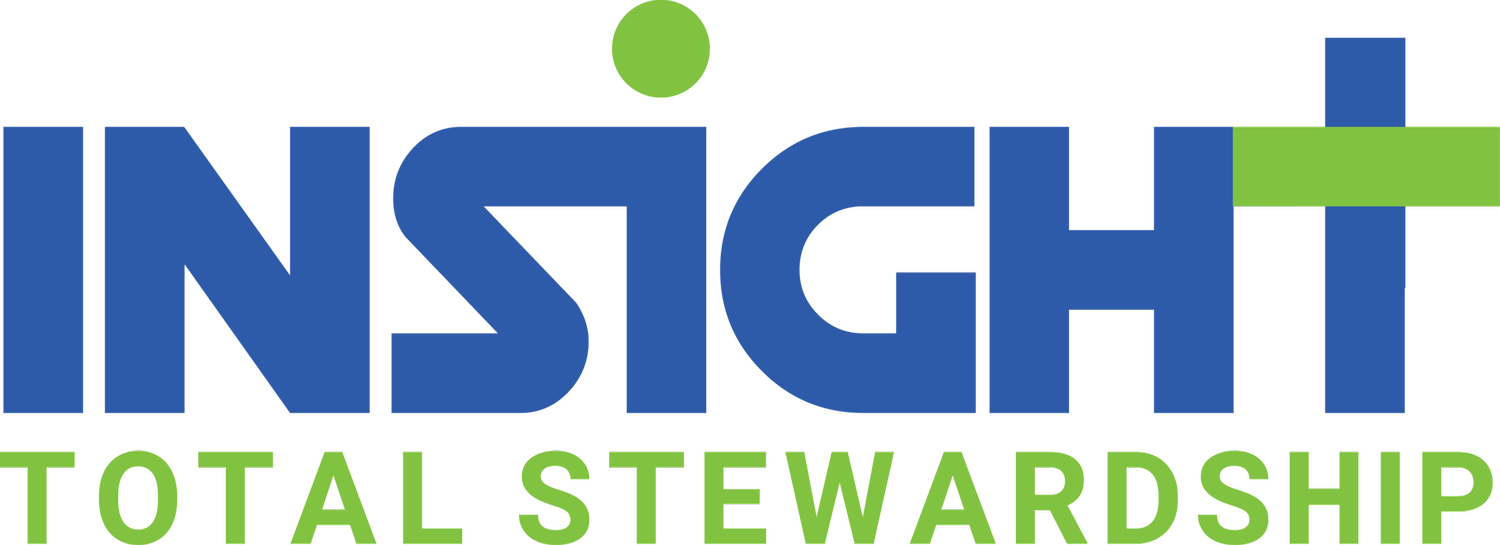Secure Act 2020
/Hello Readers! I hope that everyone’s New Year is off to a great start!
Our topic for this post: You may or may not have heard about a new tax law called the SECURE act that was recently signed by President Trump.
Hmm, what’s the SECURE act all about?
The SECURE act stands for Setting Every Community Up for Retirement Enhancement Act and it was signed into law on December 20th, 2019. The bill’s aim is to increase access to tax-advantaged accounts and prevent older Americans from outliving their funds. The changes came into effect on the 1st of the year, so you may be wondering what the new rules are and how it will affect you.
Here are some of the major changes according to Investopedia:
“-Make it easier for small businesses to set up 401(k)s by increasing the cap under which they can automatically enroll workers in “safe harbor” retirement plans, from 10% of wages to 15%.
-Provide a maximum tax credit of $500 per year to employers who create a 401(k) or SIMPLE IRA plan with automatic enrollment.
-Enable businesses to sign up part-time employees who work either 1,000 hours throughout the year or have three consecutive years with 500 hours of service.
-Encourage plan sponsors to include annuities as an option in workplace plans by reducing their liability if the insurer cannot meet its financial obligations.
-Push back the age at which retirement plan participants need to take required minimum distributions (RMDs), from 70½ to 72, for those who are not 70½ by the end of 2019.
-Allow the use of tax-advantaged 529 accounts for qualified student loan repayments (up to $10,000 annually).
-Permit penalty-free withdrawals of $5,000 from 401(k) accounts to defray the costs of having or adopting a child.
-Encourage employers to include more annuities in 401(k) plans by removing their fear of legal liability if the annuity provider fails to provide and also not requiring them to choose the lowest-cost plan. (This could be something of a double-edged sword. Employees will need to look extra-carefully as these options.)”
You may be wondering about how all this will be paid for. Well, the bill also requires that all non-spouse inherited retirement accounts will now be paid out within 10 years (with several important exceptions). This change is estimated to raise an additional $15.7 billion in tax revenue.
Looking at the bullet points you can probably imagine how this can impact you personally. It's a good idea to talk to your tax advisor and/or financial advisor soon to see what changes you should make to your plans so that you can fully take advantage and receive benefits from the new law. It’s still unknown exactly how these changes will play out on the macro level, we’ll just have to wait and see!
Thanks for reading,
~Kara P.
Source: https://www.investopedia.com/what-is-secure-act-how-affect-retirement-4692743
